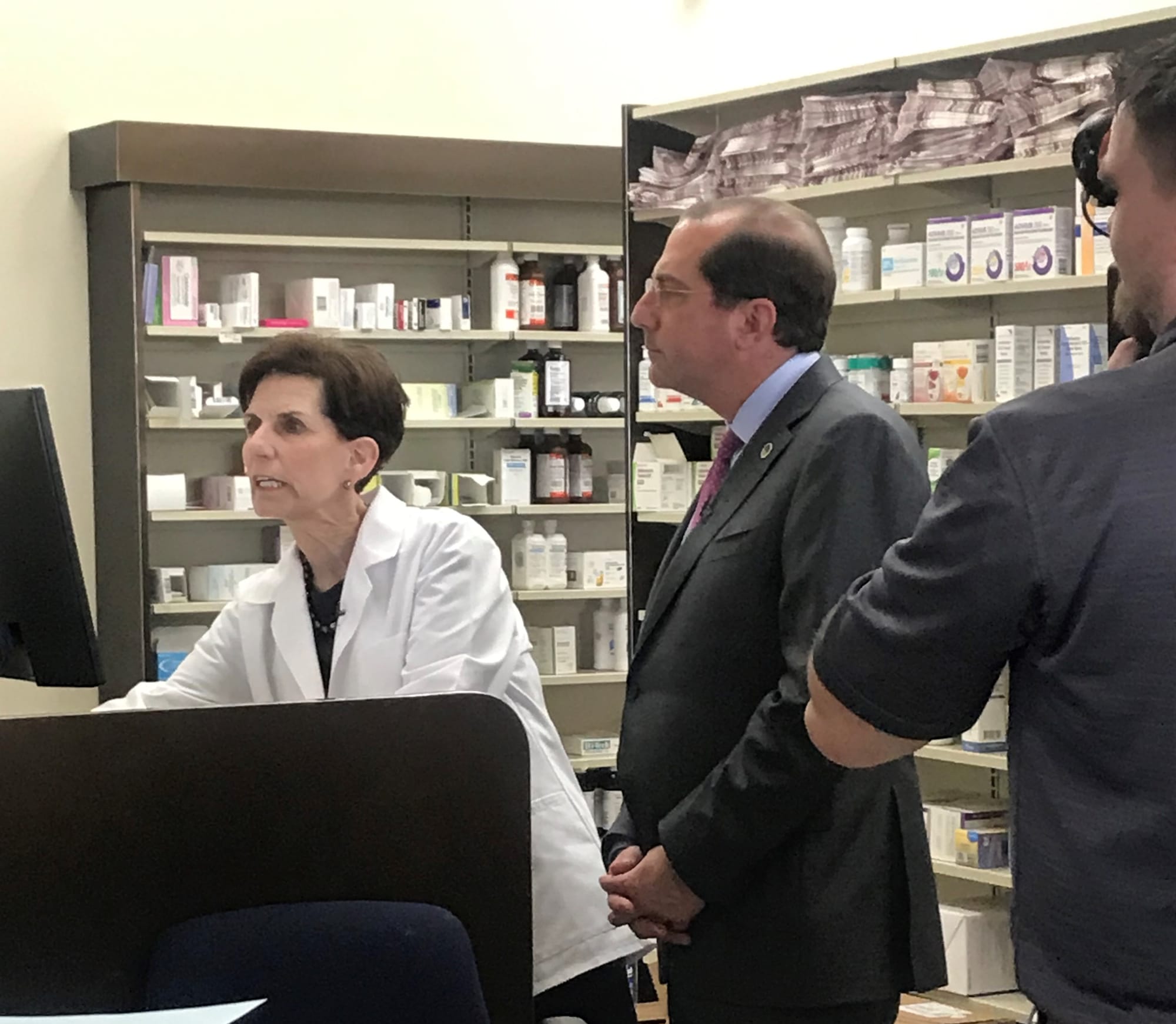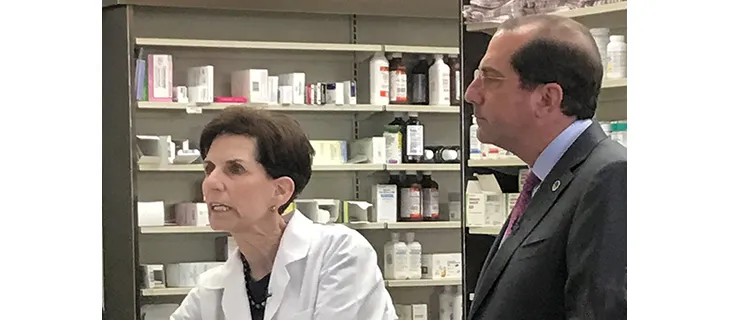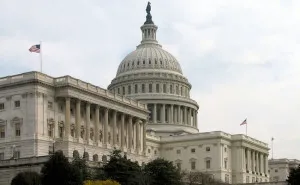
WASHINGTON — Pharmacy organizations have decried the government’s refusal to reform direct and indirect remuneration (DIR) fees in its new drug pricing rule.
“We are disappointed and frustrated that this final rule fails to finalize pharmacy DIR reform as proposed, to the detriment of seniors and community pharmacies,” said a statement from the National Association of Chain Drug Stores and National Community Pharmacists Association. “Our organizations have been joined by many pharmacists, pharmacy stakeholder groups, patient advocacy organizations, patients and members of Congress in advocating that all pharmacy price concessions be included at the point of sale — or eliminated altogether — to provide senior patients with lower costs and pharmacies with more certainty.”
“In its proposed rule the Centers for Medicare and Medicaid Services (CMS) cited the recent 45,000% increase in pharmacy price concessions, an increase that is unsustainable,” the groups added. “Pharmacies are in a tenuous situation, and our organizations are exploring all options to accomplish desperately needed reforms to pharmacy DIR. It is necessary for community pharmacies and for the benefit of seniors that this reform take effect as soon as possible.”
“The improvements we are making to Medicare Advantage and Medicare Part D deliver on the promises in the president’s blueprint to provide more negotiating tools and more transparency for patients,” said Health and Human Services Secretary Alex Azar on the decision. “They are significant steps toward a Medicare program, a drug pricing marketplace, and a health care system where the patient is at the center and in control.”
DIR fees resulted from a regulatory loophole “that plans have exploited to increase beneficiary drug costs,” the associations said. The fees are being misused by payers to claw back reimbursement to pharmacies for drugs dispensed to Medicare beneficiaries. Payers impose penalties for pharmacies’ alleged failure to hit certain benchmarks, “many of which are vague, undefined, inconsistent, unachievable or outside of the control of pharmacies,” the two groups said. “Misinterpretations of specific terms that are used in the Medicare program related to pharmacy reimbursement and drug pricing have led to these clawbacks, and ultimately to higher out-of-pocket drug costs for patients and increased costs for the government.”
The final CMS rule was also deplored by the Food Marketing Institute. “The administration missed the mark and an opportunity to effectively lower beneficiary out-of-pocket costs, while also stabilizing the operating environment for retail pharmacies,” said Peter Matz, FMI’s director of food and health policy. Supermarket pharmacies, being in a trade class that operates on “razor-thin” margins, “have virtually no ability to absorb these unexpected costs,” he said. “FMI will be looking at all options, including congressional action, to address the anticompetitive practices that are driving up drug prices and threatening both supermarket pharmacies and the customers they serve.”
Mark Panzer, senior vice president of pharmacy, health and wellness at Albertsons Cos., who just completed a one-year term as NACDS chairman, said at the organization’s 2019 Annual Meeting last month that DIR fees threatened the chain drug industry’s very “survival.”
Hy-Vee Inc., a major regional supermarket chain in the Midwest, expressed its disapointment that the ruling did not provide relief from DIR fees. Hy-Vee had thrown its support behind the CMS proposal.








